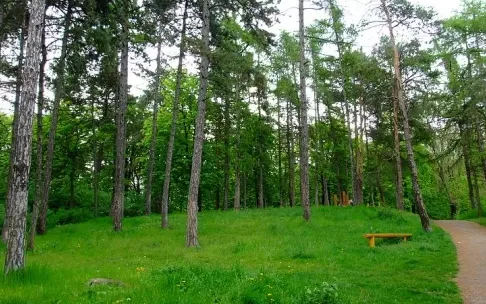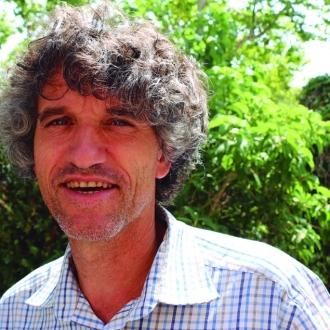
Maybe, returning to normality should be done from a different lens, with a special focus on protecting nature and the environment.
The spring of 2020 will be remembered for the exceptional times we are living and the uncertainty regarding the future. Covid-19 has rocked our lives in two months and has turned everything we were accustomed to do upside-down, forcing us to re-think a new way of living with more protection and safety measures, greater mistrust and a loss of freedoms...but at the same time we have observed how nature noticed a lower presence and pressure from humans and, partly thanks to greater spring rainfall, emerged greener and prettier than ever, with grass and weeds turning streets green and growing at the base of trees, thanks to the interruption to maintenance works, with an explosion of beautiful spring flowers in full bloom, an increase in pollinators, sightings of animals rarely seen in cities such as foxes, boar and roe deer coming fearlessly into the city, cleaner air and lower pollution levels, and bright blue sky as we hadn’t seen in years. We also discovered that life without relying on cars is possible, and city authorities have started adopting measures to reduce the presence of vehicles, with more space for pedestrians and traffic calming.
This display of diversity shows us that, perhaps, returning to normality should be done from a different lens, with a special focus on protecting nature and the environment. Environmental education since the early ‘70s has tried to develop strategies to help humans find their place on Earth and to know our limits in terms of acting on the environment. Many programmes for sustainable development have gone along these lines; yet in just a few days, an insignificant chain of DNA has made a large number of the world population to come to terms with the concept of a pandemic, how it originates in part due to associated environmental problems, the fight against climate change and phasing out carbon, which are important, and how a new way of living is possible with different energy sources, through the cooperative movement, the circular economy...
We must look at the situation of Covid-19 as an opportunity. Confinement measures are gradually being lifted, and it seems that soon we will be able to resume our activities under the “new normality”, which includes new safety measures with restrictions and we must find a way so that they don’t limit our creativity and ability to act. We will need to do this with special appreciation for biodiversity, plants and animals and their habitats. They are not our enemy and this pandemic must also teach us that the preservation of nature and managing nature properly will help us to fight new pandemics and new health situations that may arise. We don’t know what the near future will be like, uncertainty is here to stay, this physical distancing that has marked our lives will become social distancing and we will need to adapt and change some of the ways in which we think if we want to minimize the impact on our lives.
The economy has also been badly hit and recovery won’t be easy or quick, and will bring suffering for many. Let’s hope this nightmare passes quickly and that from this new learning we are able to have a better relationship with our natural biodiversity and a new understanding of the most important value in life.



Add new comment